We just finished our vaccine series, and we had no notable side effects. We both had minor injection site soreness, and I felt achy and tired for 12 hours that day. But perfectly normal after the 12 hours. No biggie. I suggest you get the vaccine whenever it becomes available to you.
As more and more fears arise regarding the vaccine, there are a few misconceptions and myths surrounding the COVID-19 vaccines that I want to correct.
This Vaccine does NOT cause infertility.
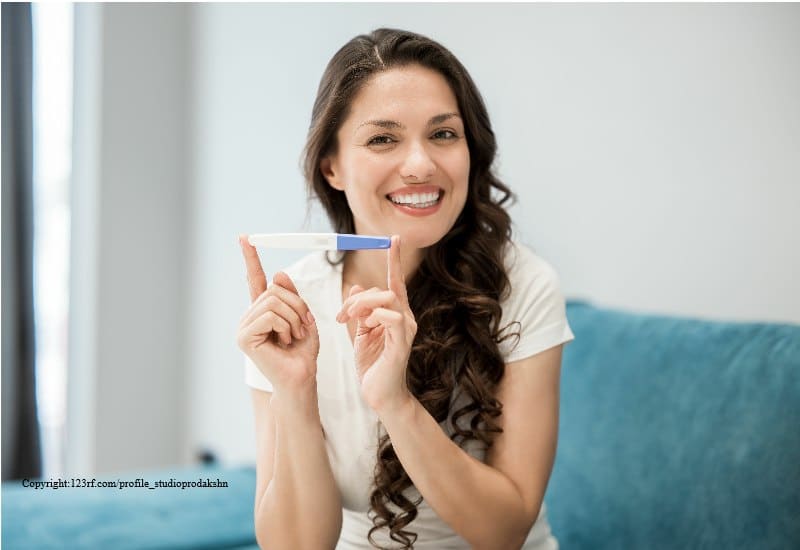
This myth started when a couple of doctors wrote a letter to the European Union committee that evaluated the vaccine and stated that the Pfizer vaccine might affect a protein that helps form the placenta in mammals. They questioned whether it’s possible women who receive the vaccine could become infertile. Experts have studied the data and said there is no correlation between the vaccine and infertility. Here’s why.
The argument is that a portion of the coronavirus spike protein is similar to a protein called syncytin-1, which is present in pregnant women’s placenta. They worried that if the vaccine trains the human body to attack this protein, it could affect fertility by training the body to attack this placental protein. The conclusion is that there is no evidence that the COVID-19 vaccine causes infertility in women.
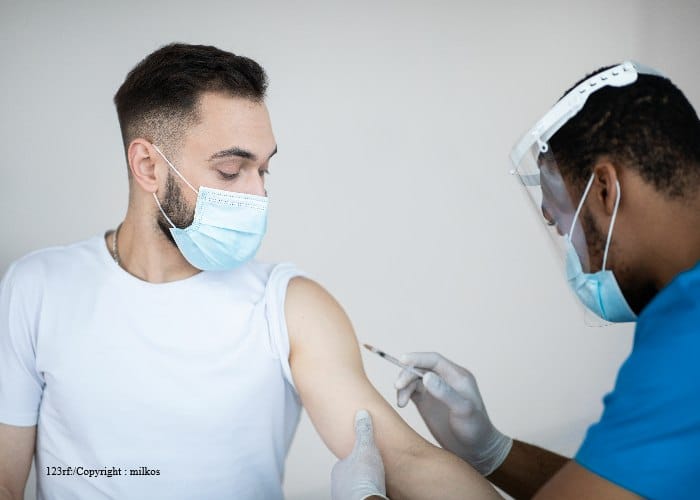
You CANNOT get COVID-19 from the vaccine.
NONE of the approved vaccines use a live virus, including the Moderna and Pfizer vaccines.
The two vaccines that have been administered up to this point use only a tiny protein sequence from the virus’s spike, NOT the entire virus. So there is NO way to get the disease from the vaccine.
Correlation does NOT equal Causation.
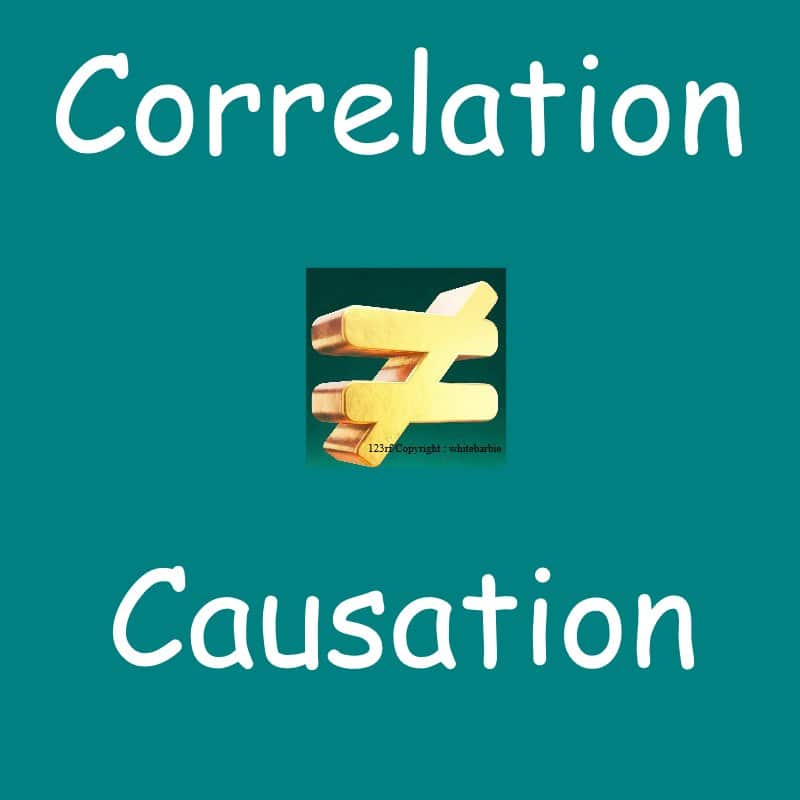
There have been NO serious injuries (except allergic reactions) or deaths attributed to these vaccines. When doing vaccine follow-up, all illnesses and deaths, regardless of whether they are related to the vaccine, are reported. So, understand that, just because someone gets sick and/or dies after receiving a vaccination, that doesn’t mean they got ill or died because of the vaccination. The rule is: Correlation does NOT equal Causation. In other words, just because two things happen around the same time, it doesn’t mean that one causes the other. You have to look at several factors to determine if a vaccine causes an injury. Here’s a very simplified (totally made-up!) scenario to show this can work.
Can the Vaccine Cause Harm?
Suppose you have an illness, and you’re wondering whether it’s related to a vaccine.
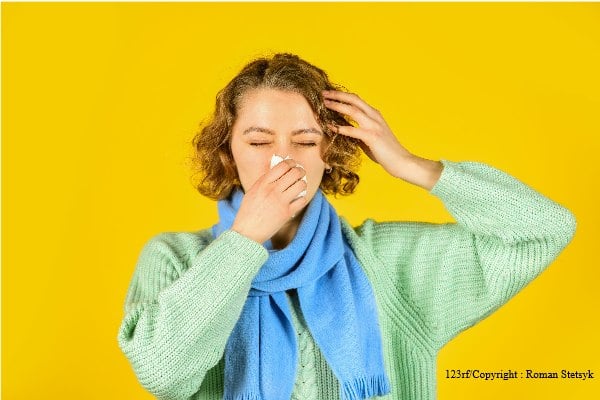
- Suppose the average rate of sinus infections in the general population is 4 out of 100,000 people during that month. At the end of the first month of vaccination, it shows that the rate of sinus infections among the vaccinated people averages out to be 20 out of every 100,000 people. That number is higher enough than the monthly average that it would trigger a second look, but that doesn’t necessarily mean that the vaccine CAUSED the sinus infection. You have to look beyond the numbers because numbers don’t tell the whole story.
- The next step would be to see if there may be other causes that could also trigger sinus infections that happened at the same time. If you got the vaccine in April, it is the peak season for seasonal allergies. These allergies can often lead to sinus infections.
- Compare the typical average rate of sinus infections of your vaccination month to the sinus infections among the vaccinated people during the month.
- If every April, the average rate of sinus infections is 30 out of 100,000 people, this is higher than the rate among vaccinated people. In this case, it would turn out that the vaccinated population has a lower rate of sinus infections. As a result, you can’t determine that sinus infections are unrelated to the vaccine.
Wear a Mask Until We Achieve Herd Immunity
Once you get vaccinated, you still have to wear a mask and maintain social distance/wash hands/etc. At least for a while. Here’s why.
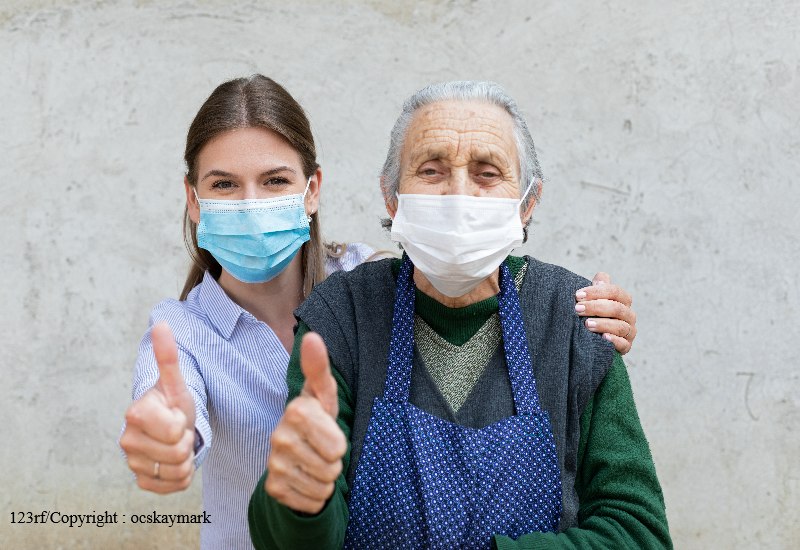
Until everyone is vaccinated, we don’t have community immunity (herd immunity). We need to make sure everyone is protected. Here’s the deal.
When you get a vaccine, you train your body to recognize a specific virus, like this coronavirus. When exposed to it in the future, your immune system will recognize this virus and immediately start to crank out antibodies specifically designed to fight this virus. Depending on your immune system’s effectiveness and the amount of virus exposure, the antibodies will hopefully prevent an illness from occurring.
Vaccines do a GREAT job of preventing severe disease for 95% of people.
However, if your immune system isn’t able to perform effectively for some reason, you may not be able to avoid illness from occurring entirely. The clinical studies demonstrated that the vaccines did a GREAT job of preventing severe disease for 95% of people, but it doesn’t necessarily mean it will prevent all illness from occurring. The other concern is that they don’t know whether the vaccine will completely stop vaccinated individuals from spreading the virus. The clinical trials and subsequent studies have shown that it probably will significantly reduce the risk of transmission, but they don’t have enough data to give us numbers at this point.
So how does that work in the real world? People with effective immune systems will take the vaccine, and they won’t get infected from any future exposure to the virus. Their immune systems will crank out a bazillion antibodies, overwhelm the viral invaders fighting off the virus. Some other people will crank out a ton of antibodies, but it might not be enough to prevent a slight level of infection. Those people will feel fine, they will have little to no symptoms, and they would probably be unlikely to have enough virus hanging around in their noses to infect others. Some others may crank out a fair bit of antibodies, but not enough to prevent a mild infection. They may have very mild symptoms and would still probably not have enough virus around in their respiratory tract to infect others under normal circumstances. And so on.
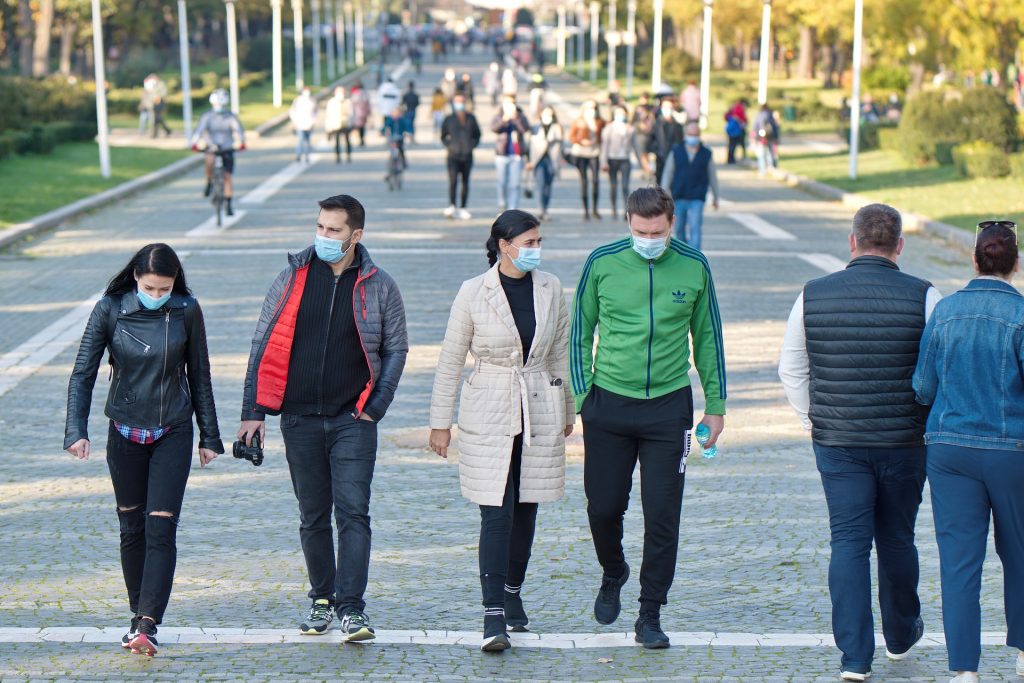
Think about it like this. Some of us have excellent immune systems, some of us have pretty good immune systems, and some have sucky immune systems. If you put everyone who receives the vaccine on a sliding scale, there will be people on one end who have great immune systems and NEVER get sick. The other end will be people who have a compromised immune system and can’t protect themselves from infection at all.
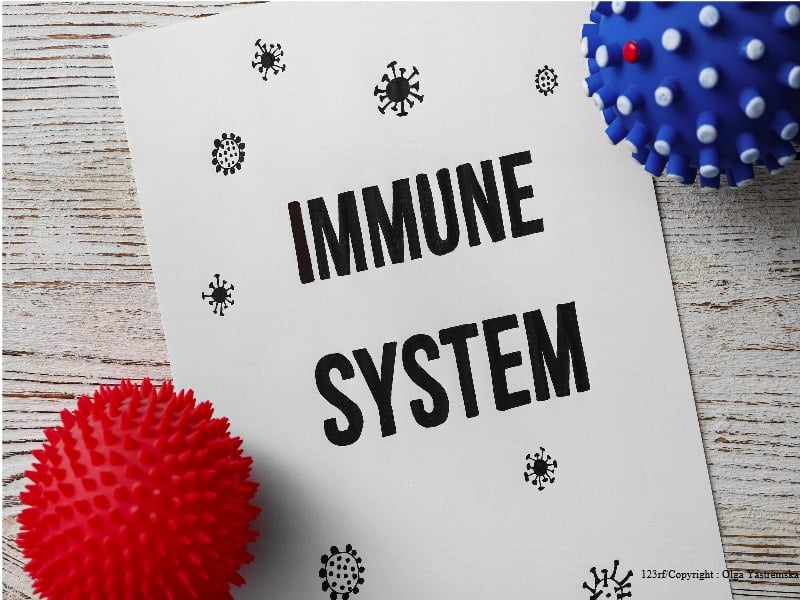
Those with an impaired immune system, either because of chemo, age, illness, or medication or because they have an autoimmune disease, are the 5% that the vaccine won’t protect. Those people will not form enough antibodies to prevent illness. The only way to protect these people is for the rest of us to have protection so that we’re unlikely to pass it to others, especially those that can’t defend themselves. That’s herd immunity. Keeping most people from getting sick and reducing their ability to transmit it to others will keep the people who can’t protect themselves from contracting COVID.

Here’s the good news. Immunologists that study diseases and the immune system have analyzed the immune systems of people who have had COVID-19 and found that, even if the antibodies aren’t still hanging around, the memory cells that make those antibodies specific to the virus are still around for a long time after infection. It’s only been about a year or so, but at the time, scientists were able to show that people were still protected 8+ months after infection, and they suspect it will continue for some time after that.

We know that a ton of people have been infected and don’t know it. If those people have some protection PLUS we’re vaccinating others, hopefully, we will reach a decent level of herd immunity reasonably quickly, and cases will start to decline rapidly. Reducing the number of infections will also reduce the number of mutations that occur because mutations usually happen when the virus infects a host and reproduces itself. If it’s not spreading in the community, there is MUCH less opportunity for transformation because it’s not producing in a massive amount of people.
The existing vaccines will still work with the variants of COVID-19 that are circulating.
Most of the spike protein portion used in the Moderna and Pfizer vaccines is still present in the new UK, S. African, and Brazil variants, so it will still be useful.

The good news is that mRNA vaccines like these can be updated very quickly, so you don’t have to start over at the beginning. This coronavirus isn’t going away, so you’ll probably see an annual coronavirus shot, just like a yearly flu shot. (Some companies are talking about putting them together. That would be SMART!!!
Thanks to Laney Kay for her research on this important subject in her article: Newest Info on COVID-19 Vaccine Safety
